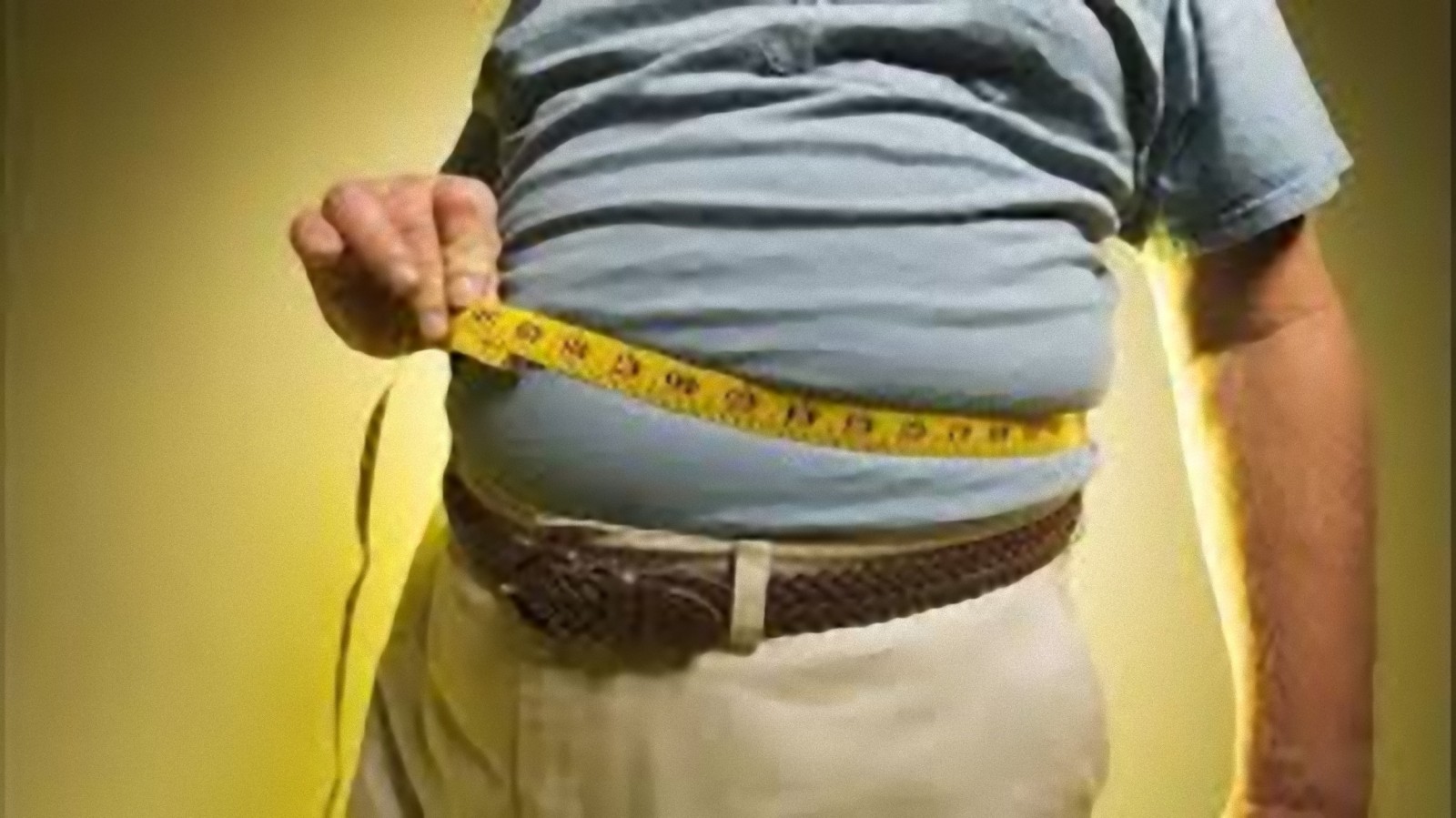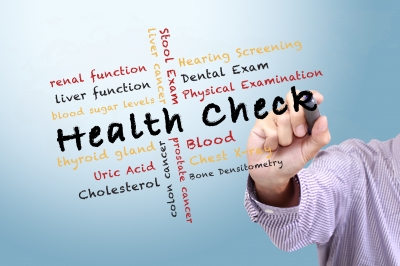The Tide of Change ….Over the last 20 years or so there has been a massive shift in the way the population views the medical profession. When I trained to be a nurse there was a hierarchy something like this:-
GOD
CONSULTANTS, SURGEONS
HOSPITAL DOCTORS, GENERAL PRACTITIONERS
MATRONS (qualified nurses top post)
MIDWIVES
WARD SISTERS/CHARGE NURSES
REGISTERED NURSES
ENROLLED NURSES (2 year more practical course)
STUDENT NURSES
AUXILIARIES
The job of a nurse was to make sure that her patients were clean, comfortable, fed and kept hydrated. She also had to monitor temperature, pulse, breathing, blood pressure, bowel movements and urine output. Any anomalies would be reported to the head nurse who would be able to pass the information to the doctors.
Consultants were held in very high esteem as if they were God’s right hand man – or in some cases God himself! When a Consultant conducted a ward round everything would have to be perfect – the beds all made with precision, hospital corners, the sheet turned down by the right amount and the pillowcase opening facing away from the door. All the correct notes assembled with xrays and laboratory test results to hand. Usually only the Ward Sister and a senior Staff nurse would be allowed to accompany the doctors and all other nurses were expected to vanish somewhere but keep busy. As a student nurse you would escape to the sluice room to scrub bedpans or false teeth – preferably not with the same brush!
Having completed my training as an Ophthalmic Nurse and then a Registered General Nurse I got married and worked in a few different departments in general hospitals before returning to my original ophthalmic hospital and eventually the post of Theatre Sister. I then had a 20 year break from hospital work while I stayed at home to bring up my 3 children. During this time I also ran a Community Toy library for handicapped children, nursed my mother through 3 episodes of major surgery and recovery and supported her through early widowhood and progressive Rheumatoid Arthritis. I continued my education by studying ‘A’ level geography and Nutrional Medicine.
Suddenly my children were working or going to University and I felt the need, mentally and financially, to get back to my career. A “Return to Practice” course was required and involved several weeks of classroom attendance, homework and practical ward work – all without pay.
The main changes, I discovered, were not in new treatments or innovative nursing practice but in the hierarchy which was now:-
HOSPITAL ADMINISTRATION & FINANCE
PHARMACEUTICAL COMPANIES
CONSULTANTS/SURGEONS
GP’s, DEPT. & WARD MANAGERS
HOSPITAL DOCTORS, WARD SISTERS/CHARGE NURSES
REGISTERED NURSES
STUDENT NURSES
TRAINED AUXILIARY NURSES (equivalent of Enrolled nurses)
Domestics/cleaners
GOD – who was apparently only bought in when all else had failed.
The duties of a qualified nurse had moved up the scale in terms of administration and medical practice. Nurses could now, with additional training, cannulate (put needles into veins), give intravenous drugs, prescribe and administer certain drugs and run specialist clinics. The administration involves far more communication with doctors and Consultants and between all hospital departments.
Junior doctors still carry a huge responsibility and workload but trained nurses now work much closer with the whole medical team and have taken on far more responsibility. Unfortunately this means that much more of their time is spent behind a computer, on the phone or in the office rather than with their patients. They are having to constantly monitor the medical treatment, patient care, diet, social care, discharge planning and infection control.
On top of this everything has been speeded up tenfold. The patient turnover has had to increase dramatically, especially following surgery where someone who had been in hospital for 10-14 days may be discharged within hours and the onus of care is on family, GP and District Nurse.
So this is a small insight into some of the changes to the medical model in the UK over the past 2-3 decades and it indicates how and why the workload and stresses have changed. These changes have come about mainly because we have an increasing large, aging and unhealthy population and the stresses on the healthcare system are near breaking point with not enough man-power or other resources.
I also sympathize with doctors who have experienced a paradigm shift in peoples perception of what they can provide. This has led to more specialization and more drug reliance and less holistic care. I have found and seen doctors react aggressively when patients have suggested possible alternatives to treatment that they may have heard or read about but why should they feel threatened by Homeopaths, Chiropractics, Nutritionists, Herbalists, Chinese medicine etc.? These are all specialists in different fields with exactly the same aims -to keep us fit or help make us better. Complimentary medical practitioners have gained in reputation because they still look at their patients holistically and do not resort to a quick diagnostic check and a drug prescription.
Private Medicine can lead us even further down the path of drugs or surgery as insurance companies don’t normally pay out unless there is an end treatment, therefore a consultation that involves a long chat about aspects of diet, exercise or lifestyle changes would not prove at all lucrative for the doctor or clinic. Only the other day I popped into a clinic to ask if they could do a mole check on my particular private medical insurance. Unfortunately they couldn’t but suggested that I might like their special offer on varicose vein treatment! Great – if I had varicose veins!
In Spain much of the medical provision is private and affordable (as long as you are under 60 and without any pre-existing condition). Even when you have insurance you frequently have to pay for your drugs and these can be very expensive. As an example, 2 of the most commonly prescribed drugs to lower blood pressure can cost 60 euros a month – quite a good incentive to find a better way to lower you blood pressure. Also chemists in Spain are very quick to offer advice and herbal, homeopathic or natural remedy before drugs. Each chemists has a huge display of low cost herbal remedies clearly marked with the condition they are helpful for, such as cystitis, hay-fever or insomnia.
In the UK people who have to pay the full prescription charge are usually reluctant to have anything other than the essentials but those with free prescriptions often hoard drugs and abuse the system. Every nurse is aware of the patient that arrives with a carrier bag full of medicines or the number of elderly patients that come for assessment with 3-4 pages of repeat prescriptions. I have often seen patients on ten or more regular medications. Polypharmia is the name given to the condition of taking more than 3 or 4 drugs at any one time, more than this and it becomes impossible to know how they will interact in the body. Doctors are continually seduced by drug companies, their education and courses funded by them (with incentives, free gifts and lunch thrown in). Is it any wonder that the pen is poised over the prescription pad the minute you present a symptom? Especially if he/she is running late with the clinic and has 10 home visits to do after a 5 minute lunch break.
OK. Who is to blame?
I could say the doctors; the drug companies; the government; the system but we are the end user and we are also to blame. We do a lot of complaining about it but the only way it will all change if we take more responsibility for our own health.
Over 100 years ago Thomas Edison said ” The doctor of the future will give no medicine but will interest his patients in the care of the human frame, in diet and in the cause and prevention of disease.” I am just one among thousands that believe we desperately need to put more resource into prevention and not drugs that frequently treat symptoms rather than cure the underlying problems.
Supposing that your cholesterol has tested high as well as your blood pressure and the doctor starts writing a prescription for blood pressure lowering pills, diuretics(water) pills and statins but you say “No thanks, I will try diet and exercise and some relaxation first and see how I do.” Or in another case you have been diagnosed with a rare cancer which has been removed by surgery and you say “No thanks, I don’t want chemotherapy because in my case it carries less than a 7% chance of killing my cancer but 100% chance of destroying my immune system and my quality of life.”
If that seems an enormous step to take…….then follow my website and learn how to be confident, ask questions and make informed choices with your own body and health.
P.S. Now, in 2016, we have a massive move to Functional Medicine and The Evolution of Medicine check out what is changing.
Like this:
Like Loading...





 Research has shown that cancer, heart disease and many other diseases are often caused by bad diet. If you really want to be healthy and stay healthy
Research has shown that cancer, heart disease and many other diseases are often caused by bad diet. If you really want to be healthy and stay healthy